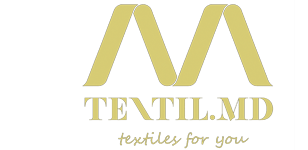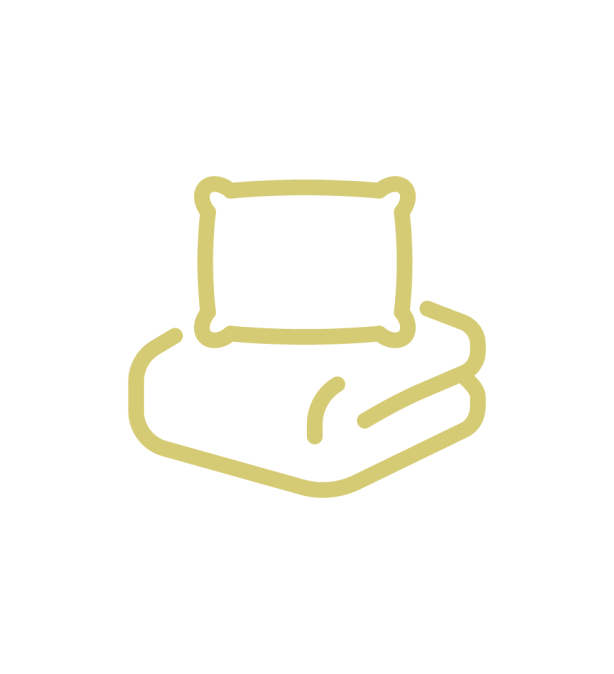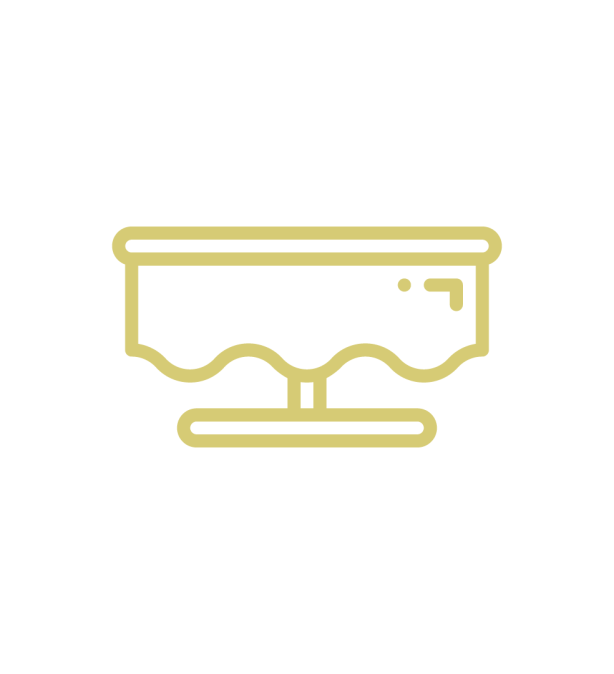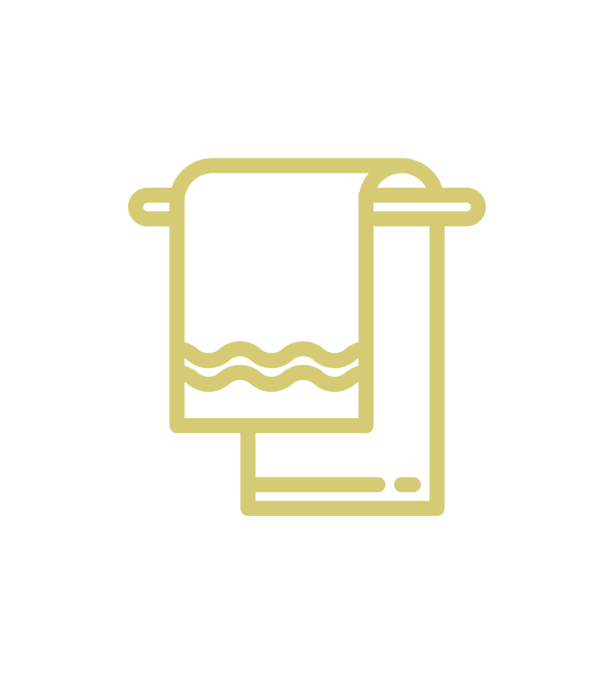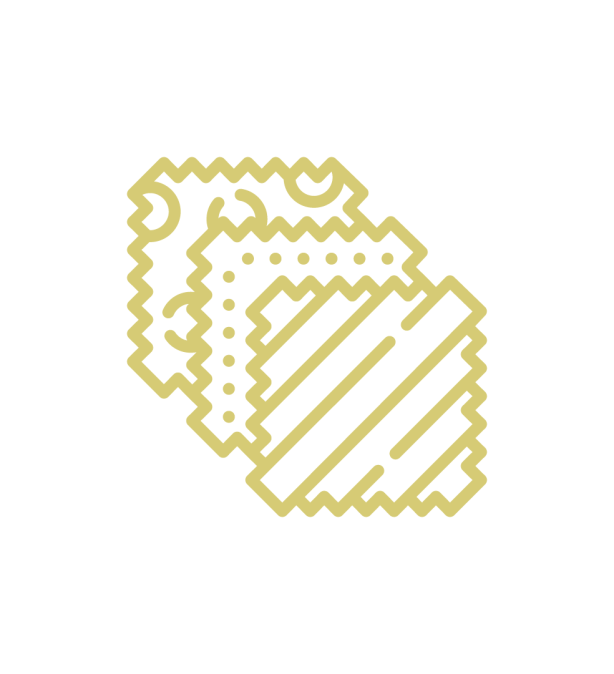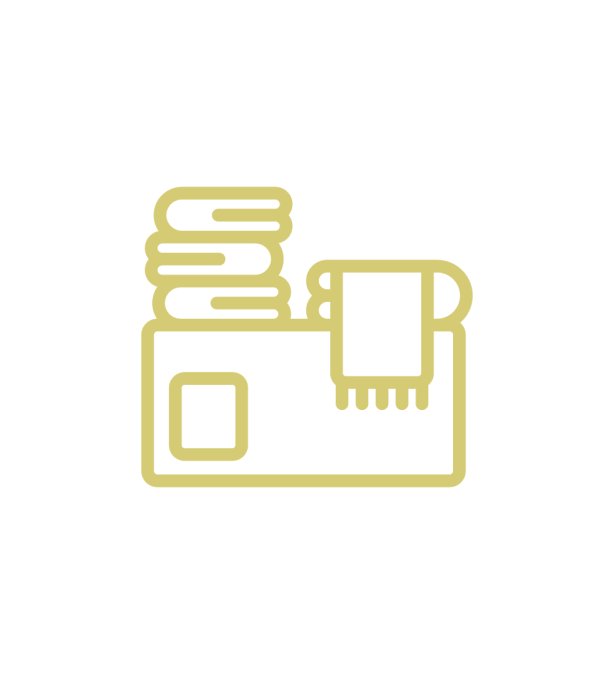Critical imagining skills are fundamental in science education, enabling college students to analyze information, evaluate information, and apply reasoning in order to resolve complex problems. Assessing possessing the skills effectively, however , poses challenging for educators who must move beyond rote memorization and basic recall in order to gauge students’ deeper understanding and analytical abilities. Scientific disciplines testing, traditionally focused on factico knowledge, is evolving to include tools and techniques in which assess critical thinking skills. By incorporating tasks that require problem-solving, hypothesis formation, data presentation, and logical reasoning, educators can gain insights into students’ critical thinking abilities and help prepare them intended for advanced scientific inquiry and real-world problem-solving. These exams are crucial in fostering some sort of generation of scientifically literate citizens capable of making educated decisions based on evidence as well as rational analysis.
One effective approach to assessing critical contemplating in science is by scenario-based testing, where scholars are presented with real-world troubles or experimental situations in addition to asked to analyze data, make predictions, or draw a conclusion. For example , a science test out may provide data from your experiment on photosynthesis and get students to interpret the information, identify patterns, or suggest explanations for any anomalies. Rather than simply recalling definitions or processes, students are required to utilize their understanding of photosynthesis to research the given information. This process encourages students to think certainly about scientific phenomena, requiring them to use their maieutic skills to solve a problem, similarly to a scientist would. Scenario-based questions also help teachers assess whether students could transfer their knowledge to unfamiliar situations, a key component connected with critical thinking.
Data evaluation tasks are another useful method for evaluating critical contemplating in science testing. Scientific research inherently involves interpreting files to draw conclusions, and also assessing students’ ability to work together with data is essential for cultivating critical thinking. In a technology assessment, students might be furnished with graphs, tables, or graphs and asked to read the data, evaluate the reliability from the results, or identify almost any limitations of the data displayed. For instance, a question might current the results of a fictional professional medical trial testing a new drug and require students to take into consideration whether the sample size is satisfactory, identify any potential options for bias, or determine if the outcome support the claimed efficiency of the drug. Such jobs assess students’ abilities to consider critically about data level of quality and to recognize the limitations regarding scientific findings, skills that are increasingly valuable in an era associated with overload and data-driven decision-making.
Hypothesis generation and testing questions are also effective within assessing critical thinking abilities. These types of questions ask pupils to propose a theory based on a scientific problem and design an try things out to test it, incorporating necessary aspects of the scientific method. For instance, a test question may describe an observation, like plants growing differently with varying levels of light, and ask students to generate a testable theory, outline the experimental layout, and discuss potential controls. This type of assessment requires students to engage in scientific thought, as they must consider how to structure an experiment which will yield valid results. These tasks reinforce the importance of forming hypotheses that are grounded within scientific principles, as well as the desire for careful experimental design and also control variables. Hypothesis-based queries challenge students to think significantly about the principles of research inquiry and the processes that lead to valid conclusions.
Assessing students’ ability to evaluate evidence is a approach to gauging critical imagining skills in science. Scientific disciplines is an evidence-based discipline, as well as the capacity to assess the strength and also relevance of evidence is a crucial skill. In screening, students might be asked to compare different sources of evidence or even analyze the findings coming from multiple studies on a controversial issue. For example , a test issue might present summaries regarding two studies on state change, one highlighting quick weather patterns and an additional focusing on long-term data general trends, and ask students to evaluate which often study offers more convincing evidence. This type of question tests students’ abilities to distinguish in between strong and weak evidence, identify the limitations of particular types of data, and use logical reasoning to support their very own conclusions. It fosters critical thinking by challenging learners to consider the quality and relevance of information, skills that are essential in both scientific and day-to-day contexts.
Another way to assess essential thinking is through concerns that require logical reasoning and the application of scientific principles for you to unfamiliar situations. In this sort of assessment, students might be questioned to apply their understanding of any principle, such as Newton’s laws and regulations of motion, to solve any hypothetical problem. For example , an issue might describe a circumstance where a car suddenly stops, and students must reveal the behavior of objects from the car based on inertia. This requires students to connect theoretical knowledge with practical implications, marketing a deeper understanding of medical principles. Logical reasoning duties help assess whether pupils can think systematically, working with scientific knowledge to make perception of new or complex info. By presenting challenges that will extend beyond standard cases, these questions encourage college students to exercise critical considering and apply scientific reasons to a range of contexts.
Constructed-response questions, or open-ended inquiries, offer another means of evaluating critical thinking in science. Unlike multiple-choice questions, which may encourage guesswork, constructed-response inquiries require students to state their thought process and provide evidence-based answers. For example , a question could simply ask students to explain why selected materials conduct electricity better than others, requiring them to focus on atomic structure, electron mobility, and the nature of steel bonding. Such questions show the depth of students’ understanding and their ability to create logical, coherent explanations. Open-ended questions also allow for partial credit based on the quality of reasoning, encouraging students to show critical thinking even if they don’t arrive at a fully correct solution. This type of assessment helps school teachers identify areas where students may require further instruction in important thinking skills, such as studying evidence or structuring reasonable arguments.
Incorporating real-world apps and ethical considerations in science testing can additional develop critical thinking skills. Questions that ask students to consider the ethical ramifications of scientific research, for instance , engage students in analyzing science from a broader societal perspective. A question might consult students to discuss the honourable considerations involved in genetic anatomist or the use of animals throughout research, prompting them to think about multiple viewpoints and assistance their opinions with reasonable arguments. These types of questions guide students recognize the difficulties of scientific issues in addition to develop a more nuanced knowledge of how science impacts modern society. By encouraging students in to science in relation to real-world issues and ethical dilemmas, teachers can foster a sense of accountability and critical engagement along with scientific knowledge.
Performance-based examination, which involve students performing experiments, analyzing data, and presenting findings, are a different effective method for evaluating essential thinking in science. During these assessments, students are typically offered a scientific question to review, provided with materials, and needed to design and conduct their own personal experiments. Afterward, they must analyze their results, draw data, and communicate their conclusions, either in written web form or through a presentation. Performance-based assessments offer a holistic perspective of students’ critical contemplating abilities, as they require the mixing of multiple skills, including planning, problem-solving, data presentation, and communication. By moving students in hands-on jobs, performance-based assessments provide a useful demonstration of their capacity to apply scientific knowledge, think seriously about results, and speak their findings effectively.
Determining critical thinking through scientific research testing not only evaluates students’ understanding of scientific content but in addition prepares them for advanced learning and problem-solving of their future careers. By focusing on tasks that require analysis, reasoning, evidence evaluation, and reasonable argumentation, educators can instill students’ abilities to think vitally, preparing them to approach sophisticated scientific and societal difficulties with a thoughtful, evidence-based viewpoint. These assessment methods line up with the goals of scientific research education by emphasizing the roll-out of skills that extend further than the classroom, empowering learners to become critical thinkers as well as informed decision-makers in an more and more scientific and technologically pushed https://www.chambers.com.au/forum/view_post.php?frm=3&pstid=69353 world.

